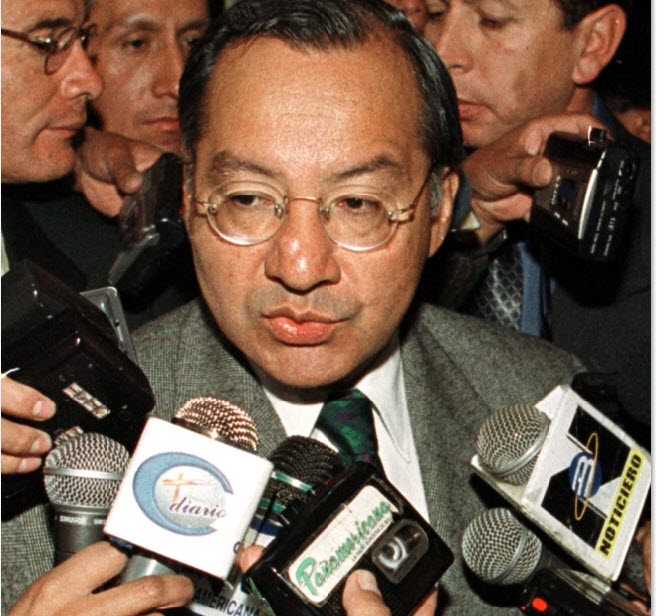In a startling development, former U.S. Ambassador to Bolivia, Manuel Rocha, is facing charges of acting as a secret foreign agent on behalf of Cuba. Attorney General Merrick Garland announced the charges, revealing that the 73-year-old diplomat had clandestinely supported the Republic of Cuba and participated in its covert intelligence-gathering mission against the United States.
Rocha’s alleged activities occurred during his tenure as the U.S. ambassador to Bolivia from 2000 to 2002. Prior to this role, he served as the Deputy Principal Officer of the U.S. Interests Section in Cuba during the 1990s. These positions placed him in a unique position to engage in activities that allegedly supported Cuba’s intelligence services.
Attorney General Garland emphasized the serious nature of the charges, stating that Rocha’s actions were in violation of the trust placed in him as a representative of the United States. The accusation of covertly aiding a foreign government’s intelligence operations raises concerns about the potential compromise of sensitive information and the undermining of national security.
The charges against Rocha highlight the complexities and challenges associated with diplomatic missions, especially in regions where geopolitical tensions may be heightened. Investigations into the extent of Rocha’s alleged activities are likely to unfold, shedding light on the intricacies of his involvement with Cuba’s intelligence apparatus.
As the legal proceedings progress, the case may provide insights into the methods employed by foreign entities to gather intelligence and the vulnerabilities within diplomatic circles. Rocha’s diplomatic career, once associated with representing U.S. interests abroad, now stands under scrutiny due to the serious allegations leveled against him.
Image Credit: Gonzalo Espinoza/AFP via Getty Images, FILE



